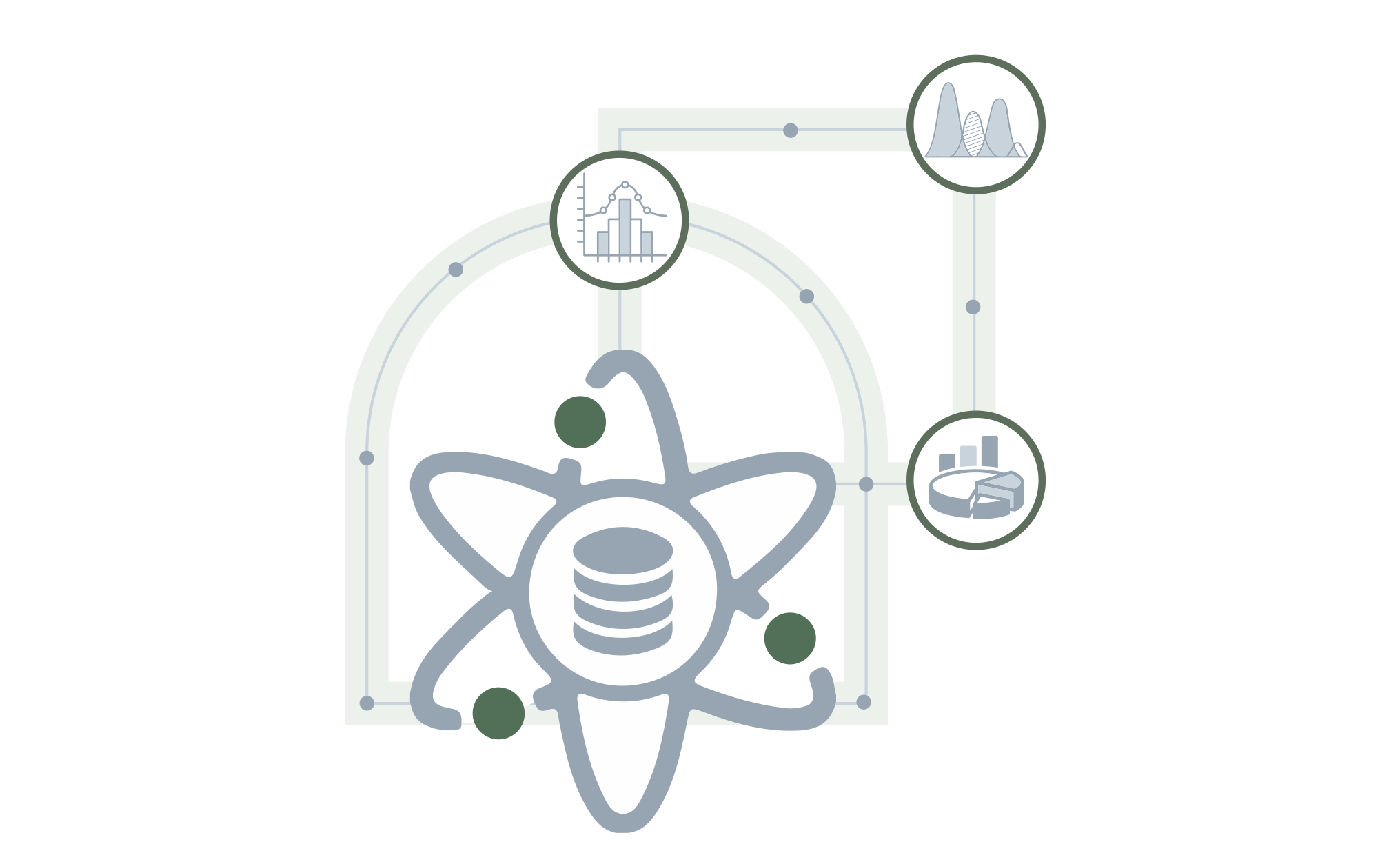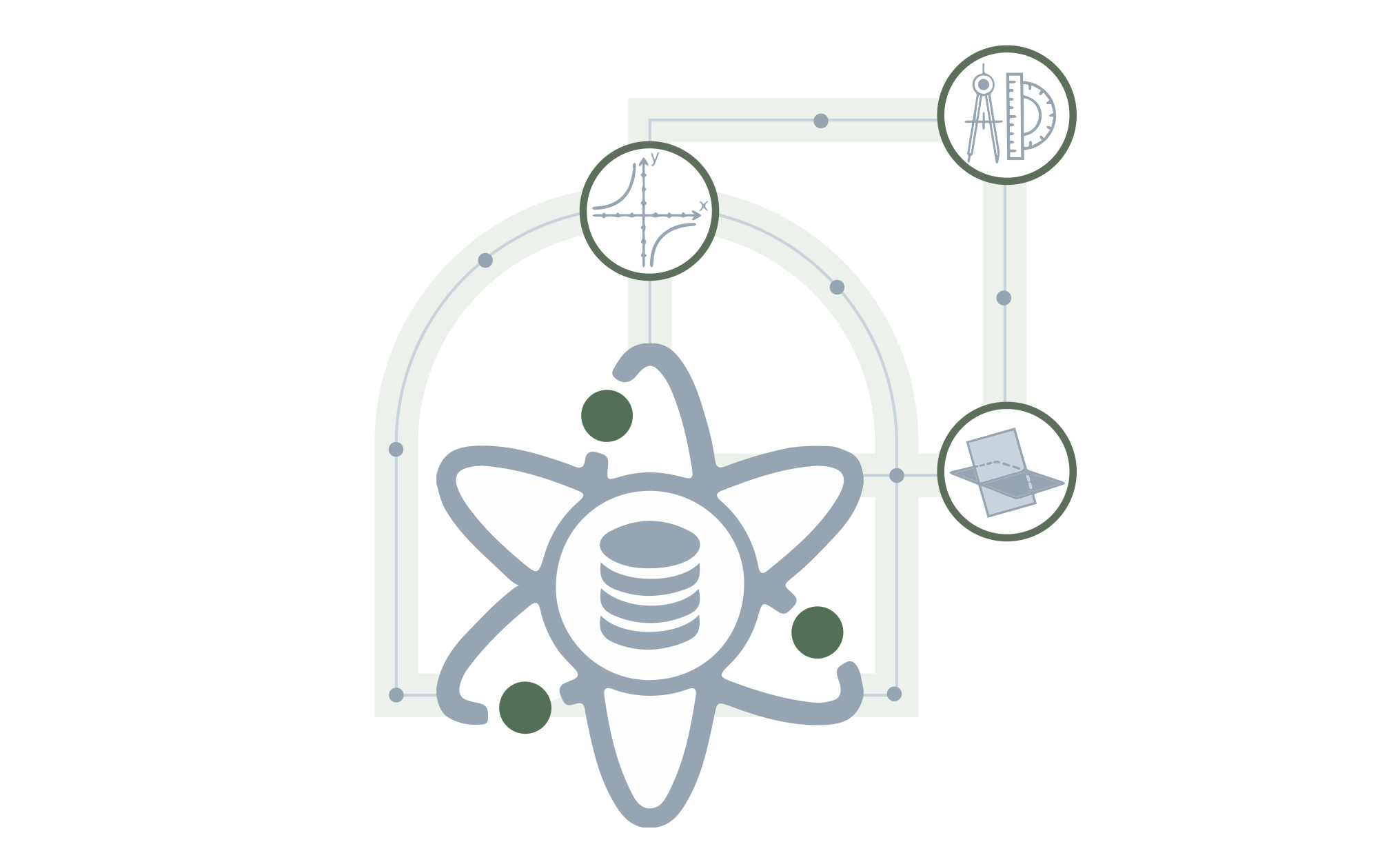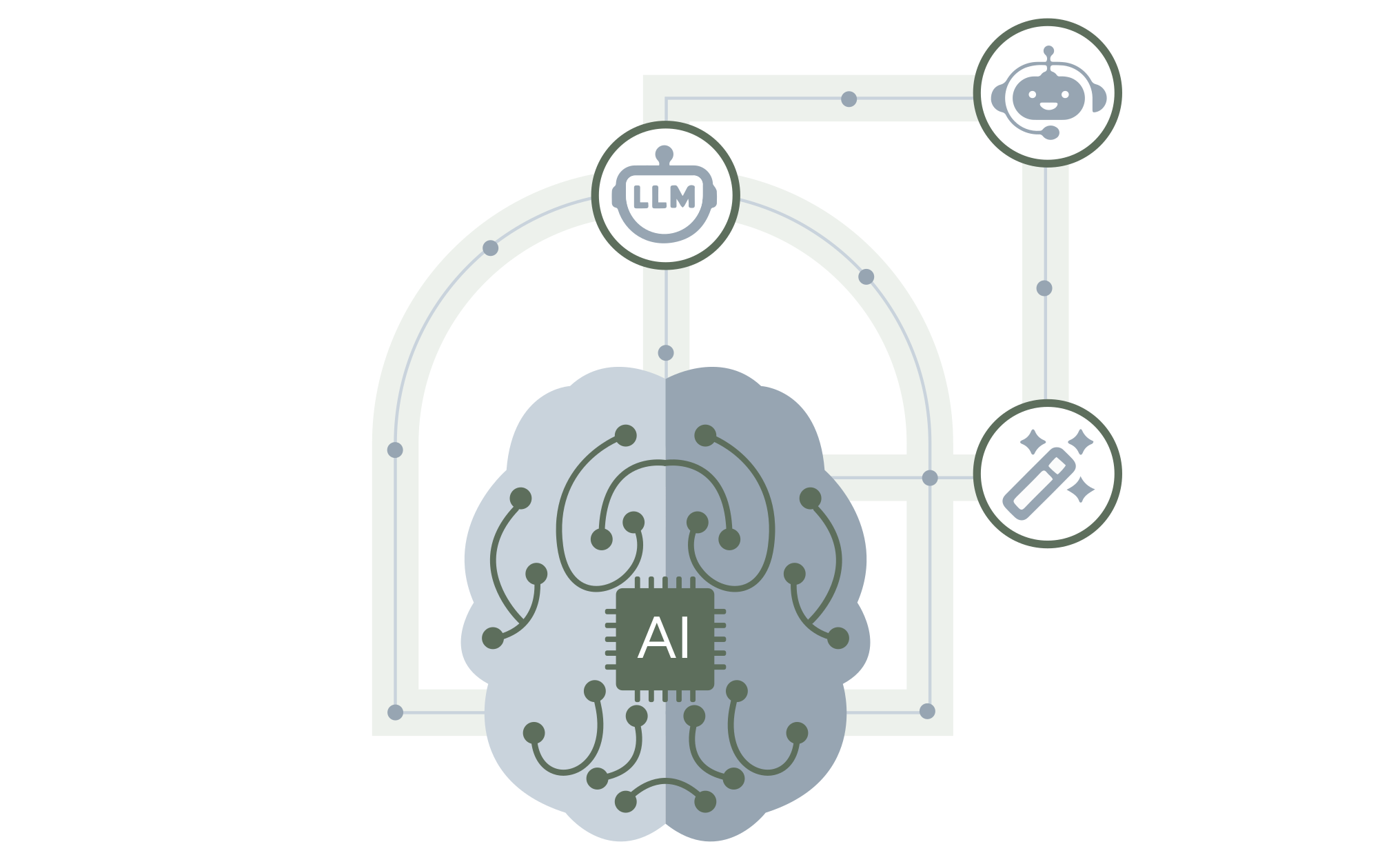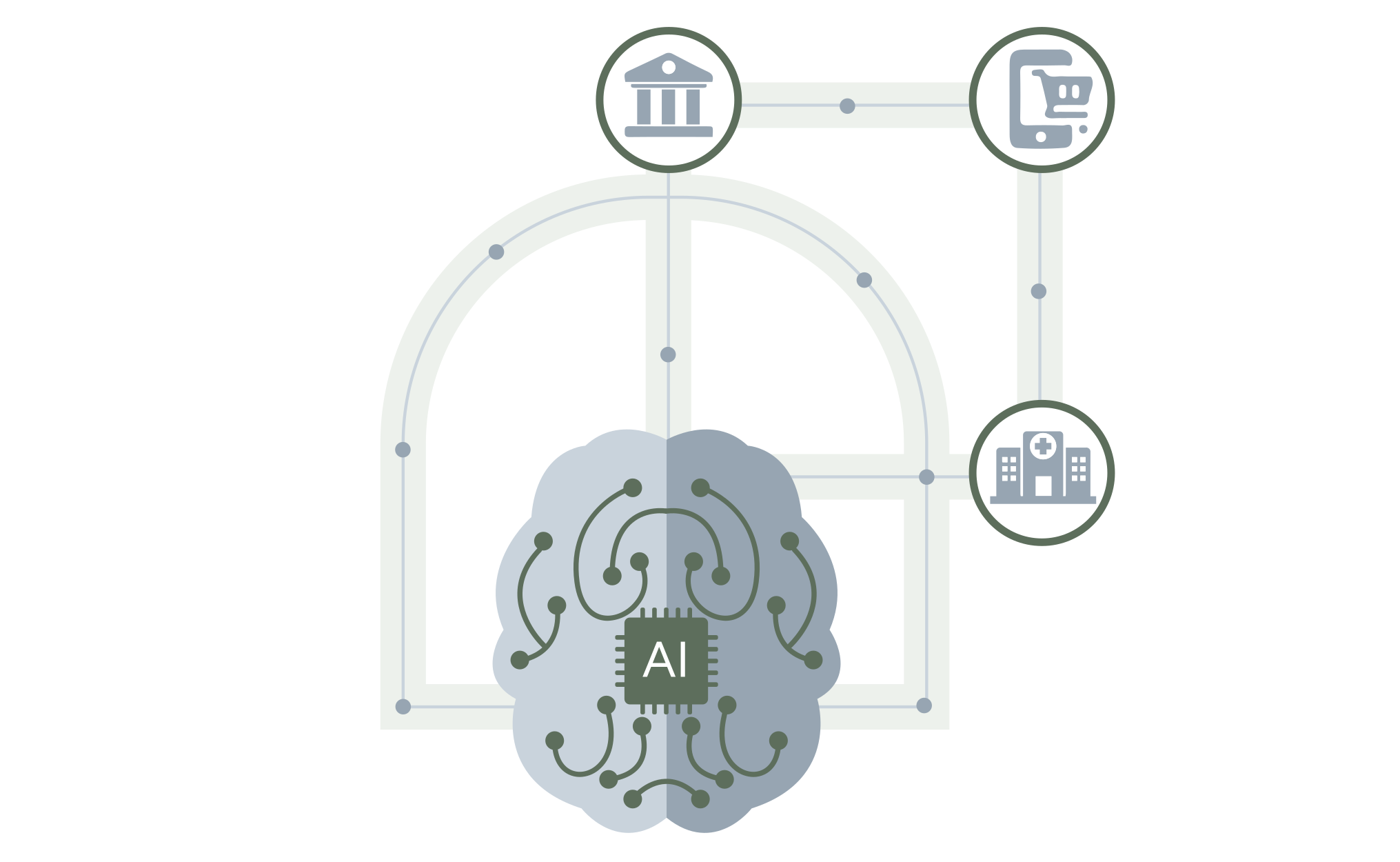SQL for Data Science
Build a strong foundation in SQL for data analysis by mastering core concepts, advanced querying techniques, and performance optimization. Learn how to use SQL to analyze data, integrate with data science tools, apply governance principles, and solve real world business problems through data driven insights.
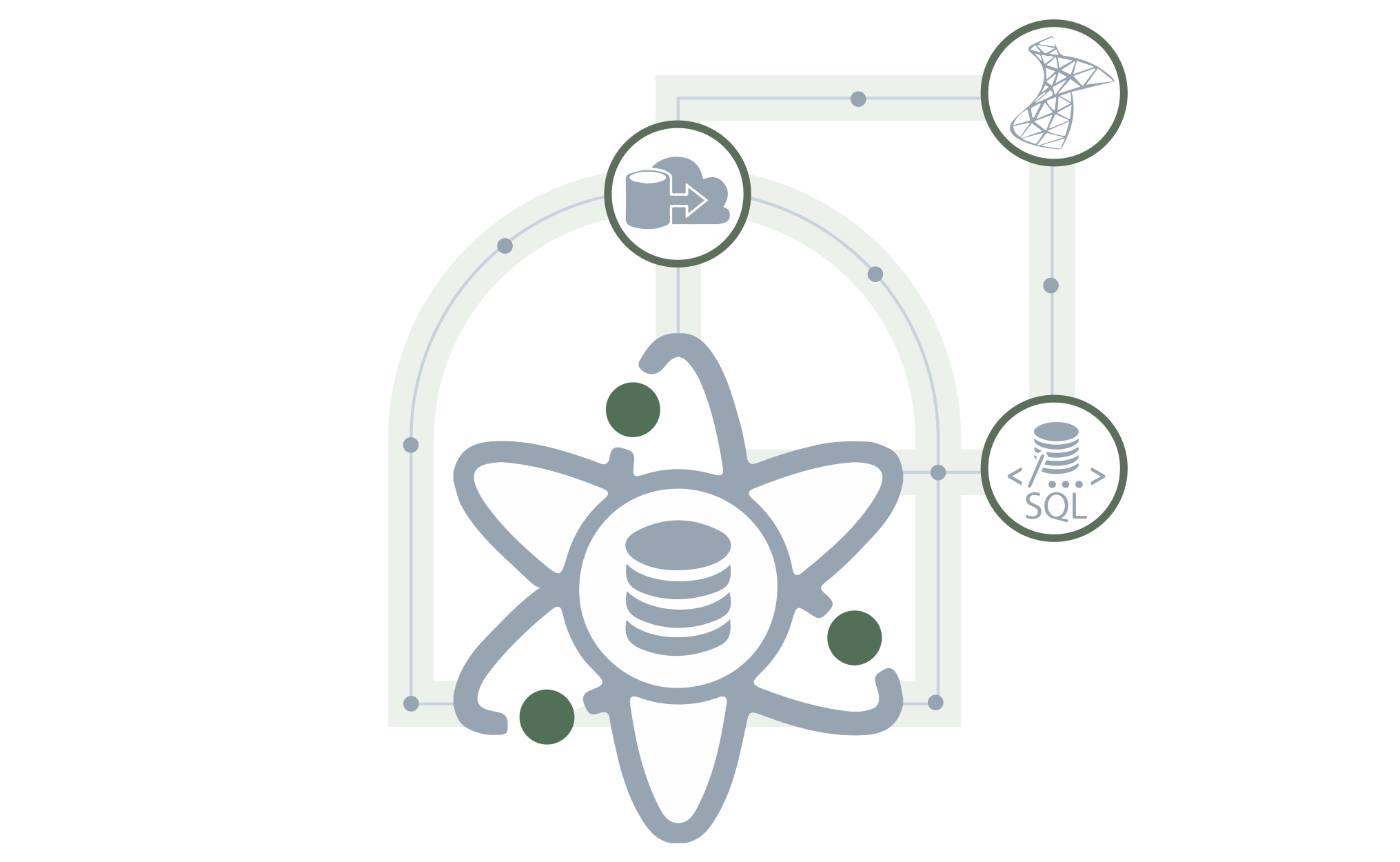
.avif)
Who will Benefit from this Training?
- Data Scientists
- Data Analysts
- Business Analysts
- Database Developers/Administrators
- Data Engineers
Training Objectives
- Gain a solid understanding of SQL concepts, syntax, and best practices.
- Learn how to use SQL to manipulate and transform data effectively.
- Learn how to apply advanced SQL techniques, including joining tables, working with subqueries, using window functions, and optimising query performance.
- Gain the ability to apply SQL for data analysis purposes.
- Equip participants with the skills to integrate SQL with other data science tools and programming languages.
- Learn how to apply SQL to solve real-world data science problems commonly encountered in corporate environments.
- Learn about data governance principles and how to implement them within the SQL context.
- Learn how to leverage SQL to make data-driven decisions.
Build a high-performing, job-ready tech team.
Personalise your team’s upskilling roadmap and design a befitting, hands-on training program with Uptut

Key training modules
- Introduction to SQL
- Basics of SQL, its role in data science, and understanding relational databases.
- Retrieving Data with SELECT
- Writing SELECT statements to retrieve specific columns and rows from a table.
- Filtering Data with WHERE
- Using WHERE clause to filter data based on conditions.
- Sorting and Ordering Data
- Sorting query results using ORDER BY clause.
- Aggregating Data with GROUP BY
- Grouping data and performing aggregations using GROUP BY and aggregate functions.
- Data Transformation with Functions
- Applying various functions such as mathematical, string, date, and conversion functions to manipulate data.
- Joining Tables
- Understanding different types of joins and combining data from multiple tables.
- Subqueries and Derived Tables
- Using subqueries and derived tables to perform complex data operations.
- Data Manipulation with UPDATE, DELETE, and INSERT
- Modifying data in tables using UPDATE, DELETE, and INSERT statements.
- Data Integrity and Constraints
- Implementing data integrity through primary keys, foreign keys, and constraints.
- Data Views
- Creating and utilising views to logically represent data.
- Indexing and Query Optimization
- Understanding indexes and optimising queries for performance.
- Advanced SQL Techniques
- Utilising advanced SQL techniques such as window functions, common table expressions (CTEs), and recursive queries.
- Stored Procedures and Functions
- Creating and executing stored procedures and functions for reusable code.
- SQL and Python Integration
- Connecting SQL with Python and leveraging SQL within Python scripts for data analysis.
- SQL and R Integration
- Integrating SQL with R and using SQL for data manipulation and analysis within R scripts.
- Working with Dates and Time
- Handling date and time data in SQL queries, performing date-based calculations, and extracting date components.
- Handling Missing Data
- Dealing with missing data using SQL techniques such as NULL handling and data imputation.
- Performance Tuning and Optimization
- Optimising SQL queries, understanding query execution plans, and improving query performance.
- Data Visualization with SQL
- Visualising SQL query results using SQL-based visualisation techniques or integrating SQL with visualisation tools.
Hands-on Experience with Tools
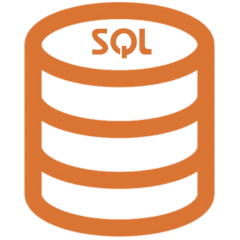
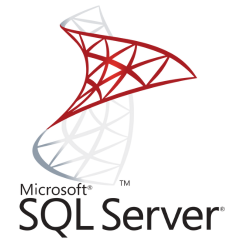


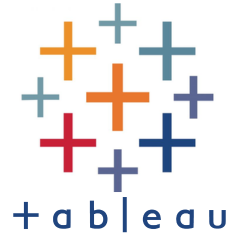
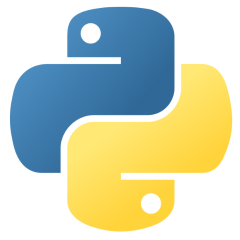















Training Delivery Format

Opt-in Certifications
.avif)
100% Live
.avif)
Hands-on
.avif)
Lifetime Access
Skill-Gap Assessment
Analysing skill gap and assessing business requirements to craft a unique program
1
Personalisation
Customising curriculum and projects to prepare your team for challenges within your industry
2
Implementation
Supplementing training with consulting support to ensure implementation in real projects
3
Why SQL for Your Business?
- Efficient Data Analysis: SQL enables data scientists to efficiently retrieve and manipulate large volumes of structured data.
- Seamless Data Integration: SQL provides the ability to integrate and combine data from various sources, allowing for a holistic view of the data.
- Standardisation and Collaboration: SQL is a standardised query language used across different database platforms. By training your data science team in SQL, you ensure a common language and skillset for data analysis and manipulation.
.avif)
Lead the Digital Landscape with Cutting-Edge Tech and In-House " Techsperts "
Discover the power of digital transformation with train-to-deliver programs from Uptut's experts. Backed by 50,000+ professionals across the world's leading tech innovators.
.svg)
.svg)
.svg)
.svg)
.svg)
.svg)
.svg)
.svg)
.svg)
.svg)
Frequently Asked Questions
With our focus on experiential learning, we have made the training as hands-on as possible with assignments, quizzes and capstone projects, and a lab where trainees will learn by doing tasks live.
We conduct both online and on-site training sessions. You can choose any according to the convenience of your team.
Yes, all trainees will get certificates issued by Uptut under the guidance of industry experts.
We have an incredible team of mentors that are available for consultations in case your team needs further assistance. Our experienced team of mentors is ready to guide your team and resolve their queries to utilize the training in the best possible way. Just book a consultation to get support.
.webp)






